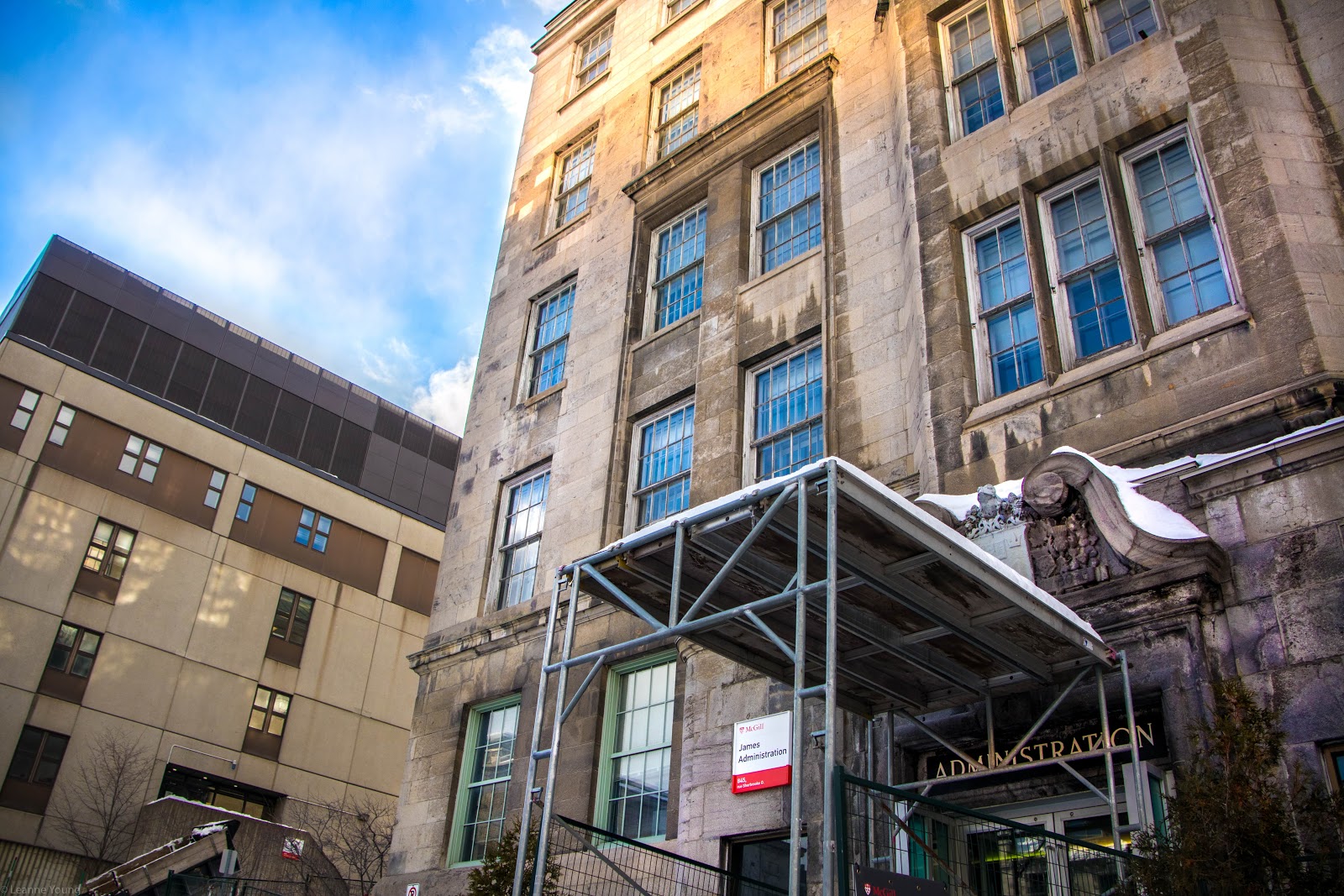Standing toward the back of the line snaking its way around the grocery store, my cart full to the brim with frozen foods and canned soup, was not the way I had expected to spend my semester abroad at the University of Copenhagen. The night before, the Danish prime minister announced that the country was effectively shutting down: Closing schools, encouraging public sector employees to work from home, and banning gatherings of more than 100 people. Immediately after the announcement, my social media were filled with photos of empty store shelves and long lines, leaving me anxious for comfort and support from familiar institutions.
While, of course, my initial fears about having enough to eat were exaggerated, the cacophony of announcements from countries all over to curb the COVID-19 pandemic were enough to stress anyone out., Italy, Spain, and South Korea were all taking drastic measures just as Denmark did, ranging from encouraging self-isolation to closing borders. Being without my family, in an unfamiliar country, made the situation even more stressful. Times of uncertainty generally cause people to lean back on the institutions that are supposed to support them. For me, McGill should have been one of these institutions. Instead, the administration’s delayed response contributed to my anxiety. This stress was a result of structural issues within McGill’s lack of communication to the student body during the COVID-19 crisis at large.
In the two-and-a-half days between Denmark’s initial announcement about closing much of the country and the first email I received from the McGill Abroad team, there was little clear communication from McGill. Only Deputy Provost (Student Life and Learning) Fabrice Labeau’s daily emails, which at that time conveyed no more substantial information than encouraging the student body to wash our hands, were there to provide direction and reassurance. During this period, I quickly found out that many of my colleagues on exchange from universities in the US and UK had already been recalled. Even my friends at other Canadian universities, such as the University of British Columbia and University of Calgary, had received emails within 24 hours of Denmark’s announcement reassuring them that they could come home if they felt unsafe without risking losing credit for the semester. This allowed others to make decisions about whether the best option for them was to stay or leave, to some extent reducing uncertainty.
While I discussed the very same question with my parents, who were eager to have me back in Canada before the borders closed, the answer was made all the more complex by McGill’s silence, despite attempts to contact them through the COVID-19 information email. I could not be confident that, if I left, McGill would assist me in making the necessary accommodations to receive credit. However, more and more countries were closing their borders, and I wanted to be sure that I would be able to return home if the situation in Denmark worsened dramatically.
I understand that the rapidly-changing nature of the COVID-19 crisis meant that it was difficult for the administration to make important decisions. I have no doubt that the decision to recall exchange students was not one that was made likely, and I am glad that the administration took the time to give the decision its due. However, it was difficult not to feel abandoned by the university that was supposed to be one of my main support structures when I needed it most. And in a situation in which each day saw drastic new proposals to curb the spread of the pandemic, going almost three days in isolation without any acknowledgement of what we were going through felt like an eternity. Now that I am home, I am grateful for my professors in Copenhagen, who reassured me that I would be able to complete my classes remotely, as well as the administration at the University of Copenhagen, whose consistent communication helped to alleviate some of the stress surrounding the crisis. I only hope that McGill continues to learn from other institutions which have made communication a priority, and continue to update its students on the measures being taken.







